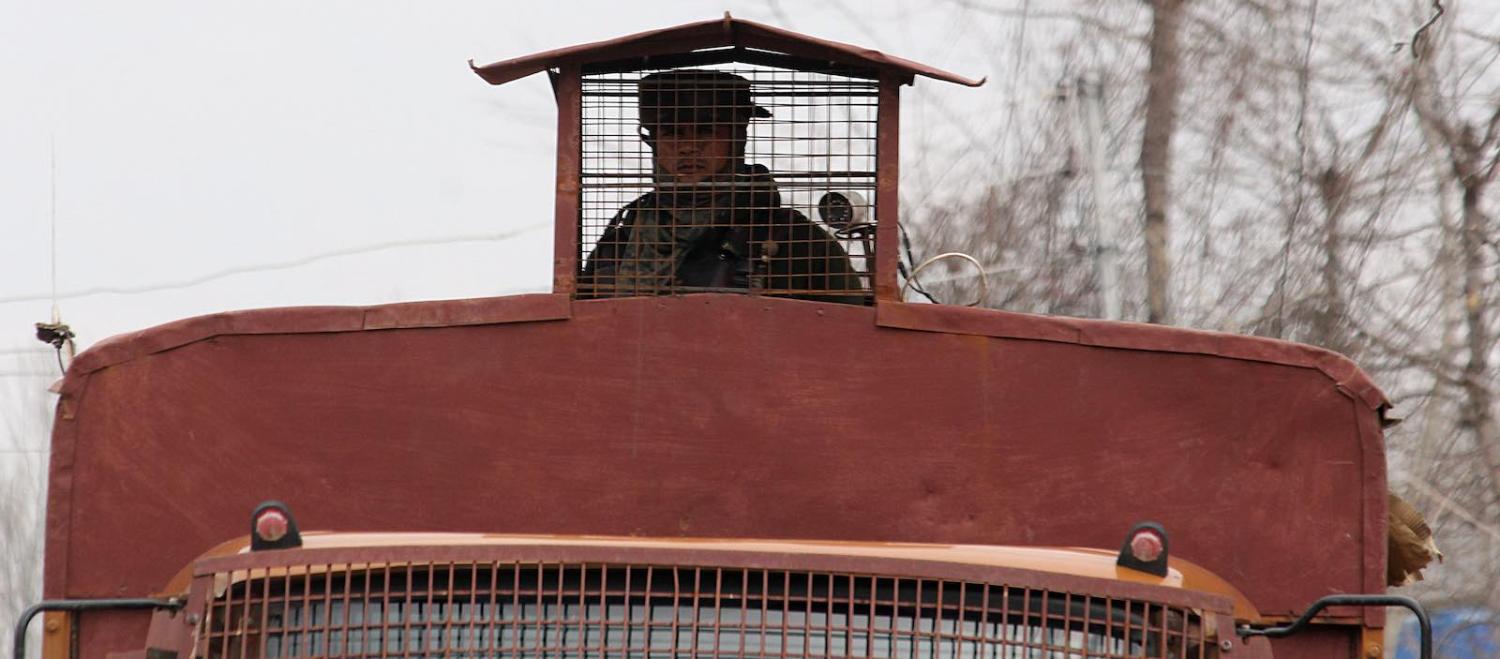A suicide attack on the Indian forces in Pulwama, Kashmir that killed more than 40 security officials has set India and Pakistan – two nuclear powers – on a warpath. India has blamed Pakistan for sponsoring the attack, while Pakistan has denied any involvement, blaming India for its human rights violations in Kashmir as the reason.
While the ruling elite in India and Pakistan find it convenient to beat the war drums and consolidate power under the hyper-nationalistic fervour, the reality is that both countries have a dismal record.
As the region spirals into war frenzy, it is important to demystify the situation on ground.
Unlike the Mumbai attack in 2008, which was carried out by terrorists sneaking into India from Pakistan on a boat, the Kashmir attack has a different context. It cannot be seen through the same lens.
The suicide attacker, Adil Ahmad Dar, is neither a Pakistani nor a trained terrorist operator, instead he is a resident of the Indian side of Kashmir. In a recorded video released after the bombing, he described his feeling of constant humiliation by Indian forces in Kashmir, which radicalised him to a point of suicide attack.
The Indian government response under Prime Minister Narendra Modi, however, has been to blame Pakistan outright for the attack, without even an investigation into the tragedy.
This is not unusual, given that India is in election mode and many observers see Modi’s aggressive posturing on Pakistan as a chance to brighten his otherwise dim chances in the upcoming ballot. The attack in Kashmir has thus been further reduced to an electoral and political issue in India that has a destabilising effect on the region.
By blaming the attack on Pakistan, the Indian government is also able to conveniently misappropriate Kashmir away from being seen as a human rights and political issue to become one about security and terrorism. This is why Kashmir has been boiling up over the past decade, as locals have grown frustrated at the intense militarisation of the region at the hands of Indian security forces.
Essentially, the Indian political establishment has continued to shove the grievances of Kashmiri people aside by playing the Pakistani card. This has only compounded the situation on ground. No one can deny the role of Pakistan for housing Kashmiri separatist groups. Yet the situation has long evolved in the region and issue of terrorism in Kashmir has become more localised, both at an operational and tactical level.
While the ruling elite in India and Pakistan find it convenient to beat the war drums and consolidate power under the hyper-nationalistic fervour, the reality is that both countries have a dismal record on human rights and human development and need to look inward. The people in two nuclear-armed states suffer from extreme hunger, malnutrition and dysfunctional public service delivery system.
The Pulwama attack is therefore not out of nowhere; it is a symptom of the larger problem of poverty, human rights, and injustice within the borders of the two countries. Unfortunately, these concerns are ignored by the ruling elite and instead wrapped under the security discourse to justify its neglect.
It is time to speak plainly about an issue that has dragged on for more than 70 years and has come at a very heavy cost to all the parties involved in the conflict.
Incidents such as what has occured in Kashmir require people in both Pakistan and India to wake up to what the core issue is; continuation of colonial style of governance, political patronage structures, and mindset that benefits only the ruling political and military elite in the two countries.
The only war that the two countries need to wage is the one on poverty and injustice, not a war on people.

